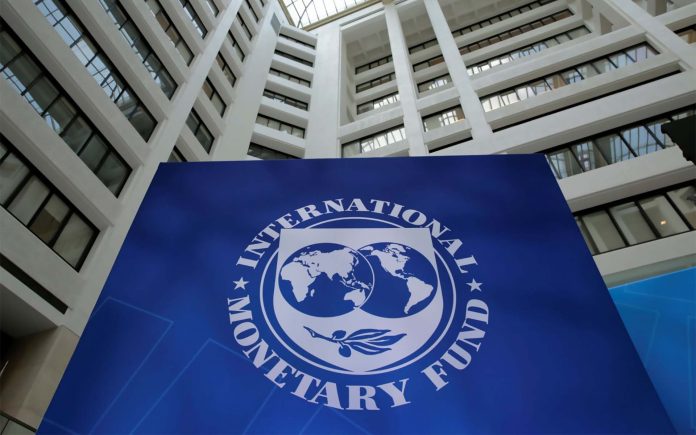The International Monetary Fund (IMF) has reiterated its demand for strict adherence to loan program requirements, including the timely implementation of agriculture income tax in provincial budgets. The Fund insists that the tax should be effectively collected starting no later than September 2025, Dawn reported.
The IMF has also expressed concerns over the federal government’s plan to incentivise increased power consumption in order to absorb surplus capacity, arguing that such measures could further distort the economy.
Sources indicate that the IMF is pressing for a firm commitment from the provinces to control their expenditures, despite the expansionary development plans they have presented and which were approved by the National Economic Council (NEC). These provincial development budgets have exceeded the IMF’s estimates by nearly Rs 850 billion for the coming year.
While provinces seek to ensure their financial entitlements under the National Finance Commission (NFC), they may struggle to generate a committed budget surplus this year, due to the Centre’s ongoing revenue shortfall. To secure their financial rights ahead of the next NFC meeting, the provinces are maximising their development allocations.
According to Dawn’s report, the IMF is also pushing for full implementation of the agriculture income tax, an issue that has yet to be settled between the federal government and the provinces. While the Centre believes that corporate agriculture falls under its jurisdiction, the IMF views this as a critical reform for improving fiscal stability.
The IMF has shown reluctance toward the government’s proposal to sell surplus power at marginal cost, which would mean no subsidy involved. The government believes this could boost economic activity by offering cheaper electricity to new consumer and industrial sectors. However, the IMF argues that such an approach is unfair to existing consumers who already pay a high price for electricity and risks distorting the energy market.
Additionally, the IMF has opposed the provincial subsidies on electricity and gas, particularly in Punjab, which plans to repeat them next year. The Fund has emphasized the need for joint strategies between federal and provincial governments to combat electricity and gas theft, as well as smuggling, in order to reduce financial leakage and tax losses.
Provinces will also be expected to streamline their departments in alignment with federal efforts to tackle similar issues.
The Federal Board of Revenue’s (FBR) tax target for the coming year remains around Rs 14.2 trillion, in line with the extended fund program review conducted earlier this year. While there may be slight relaxation in tax rates for the salaried class, there will be a stronger focus on recovering taxes from the retail sector. A major theme of next year’s budget will be digitization, with differential tax and transaction rates for cash versus digital payments.




